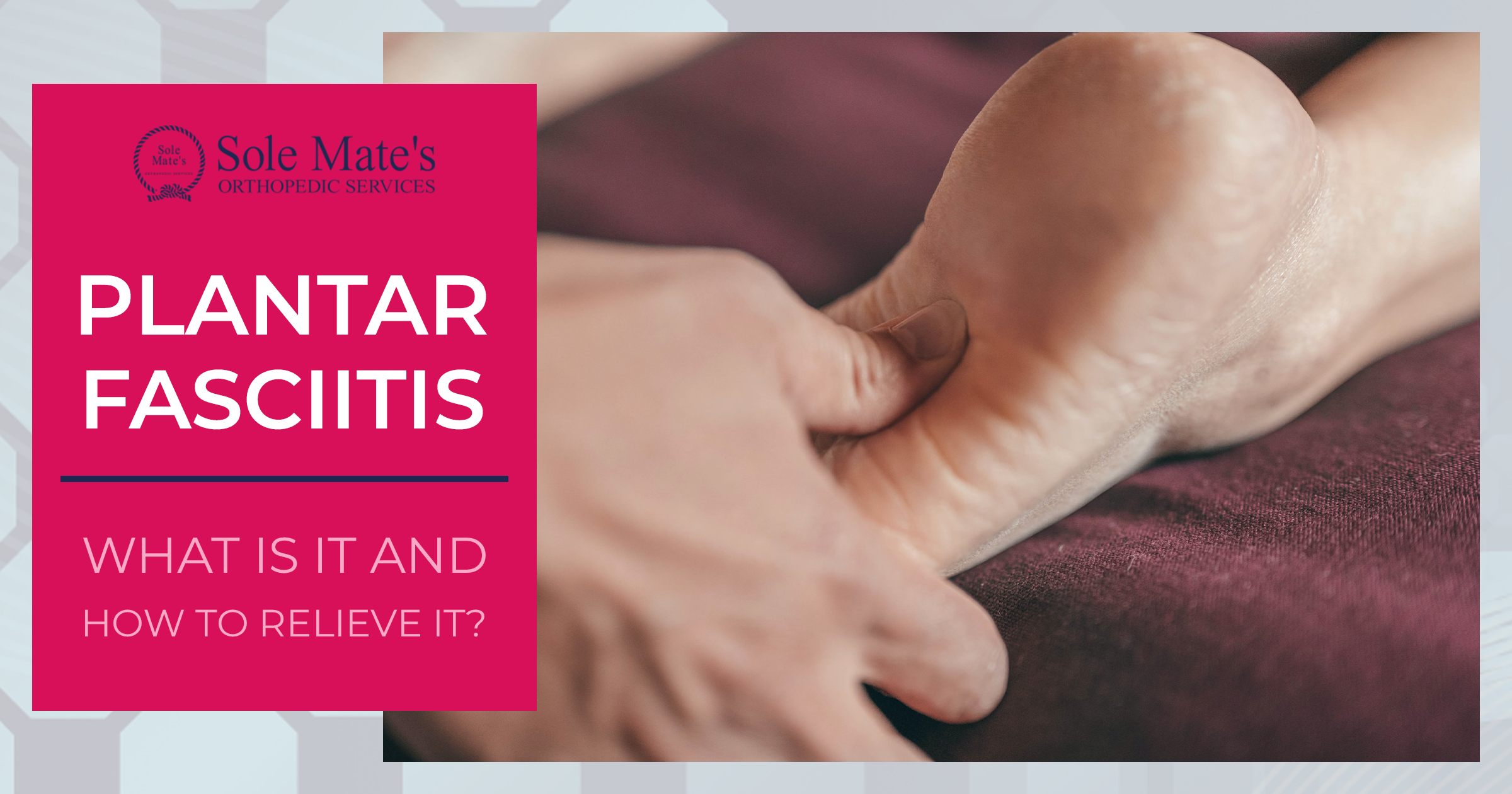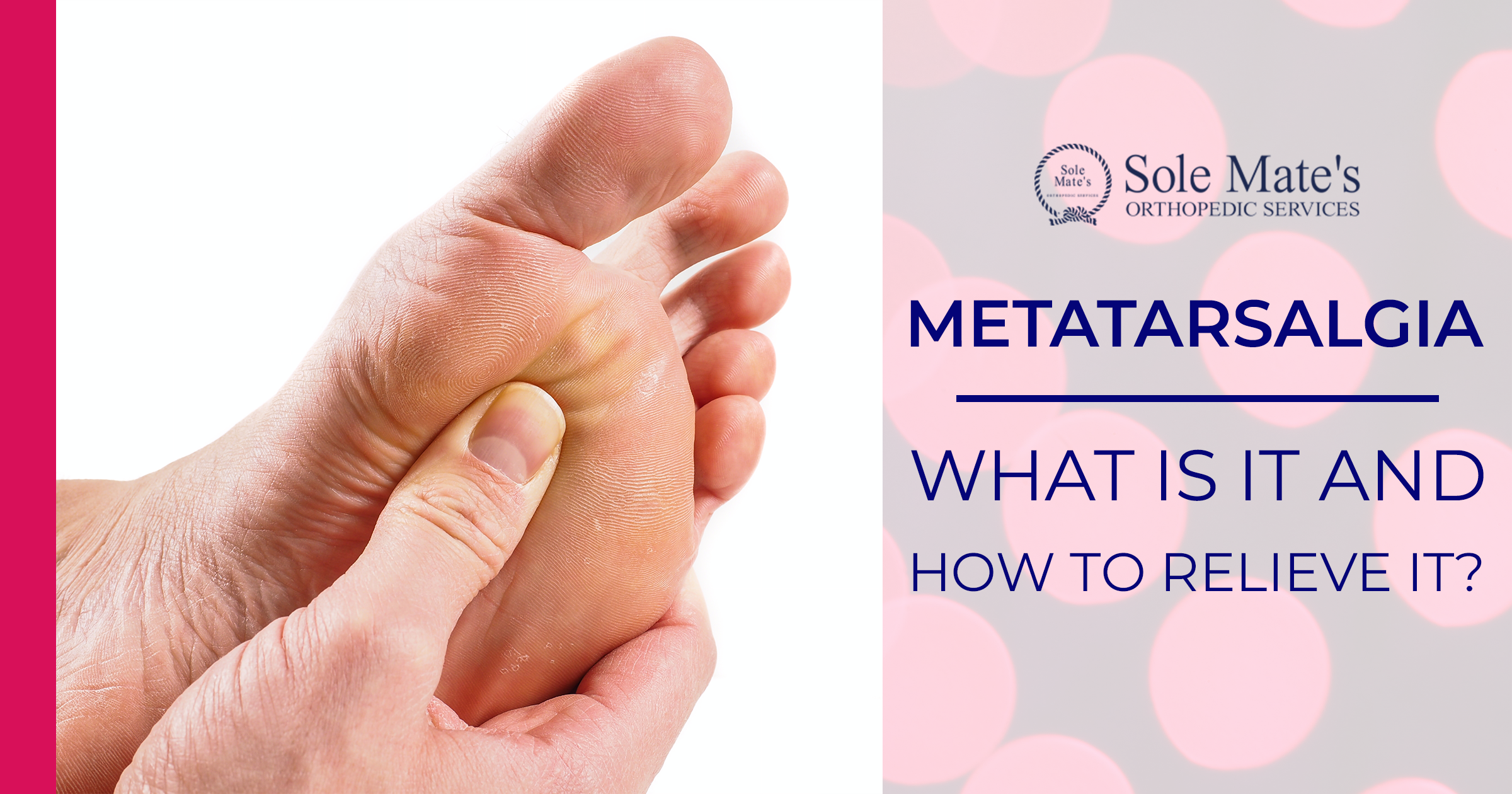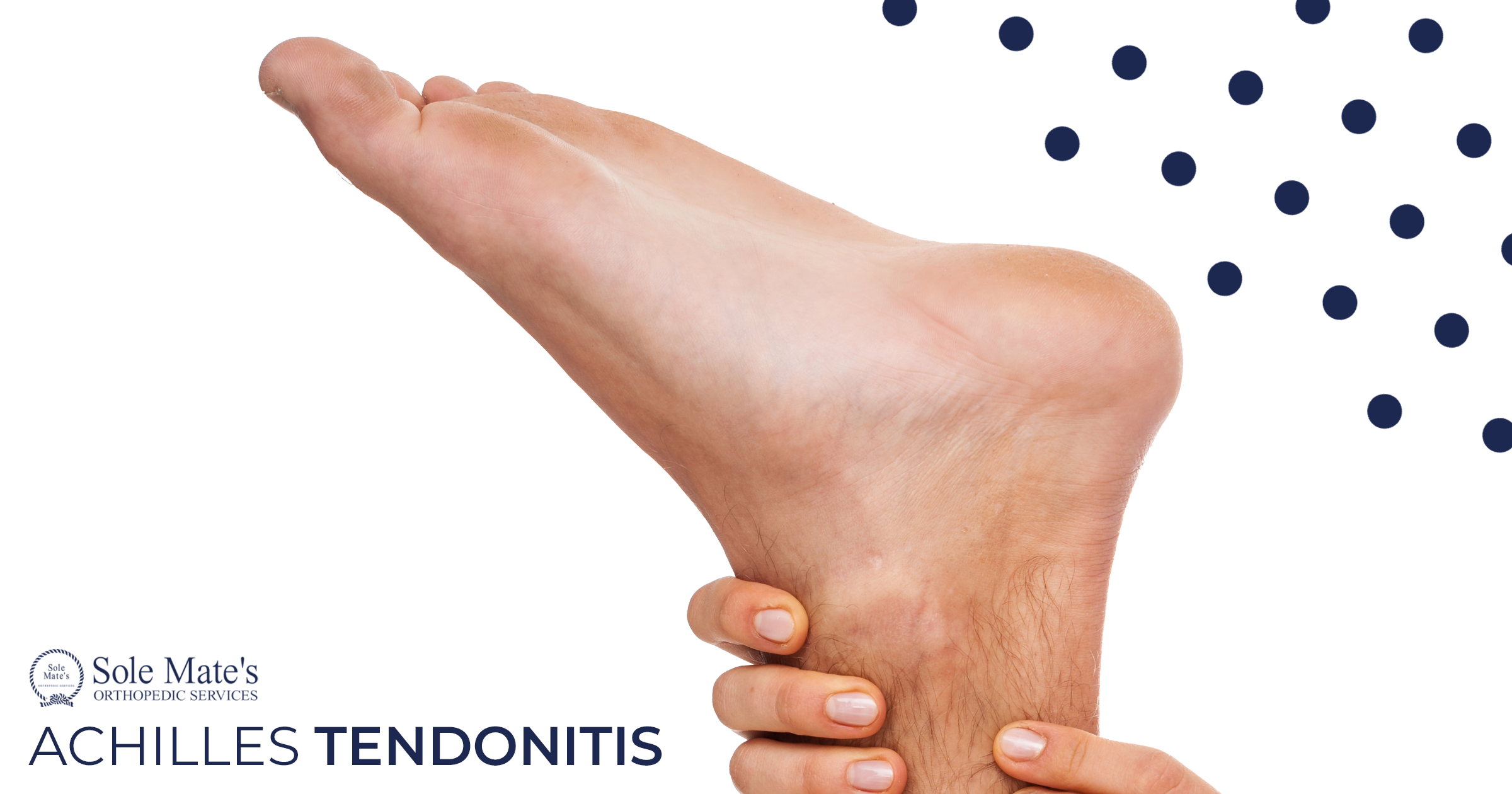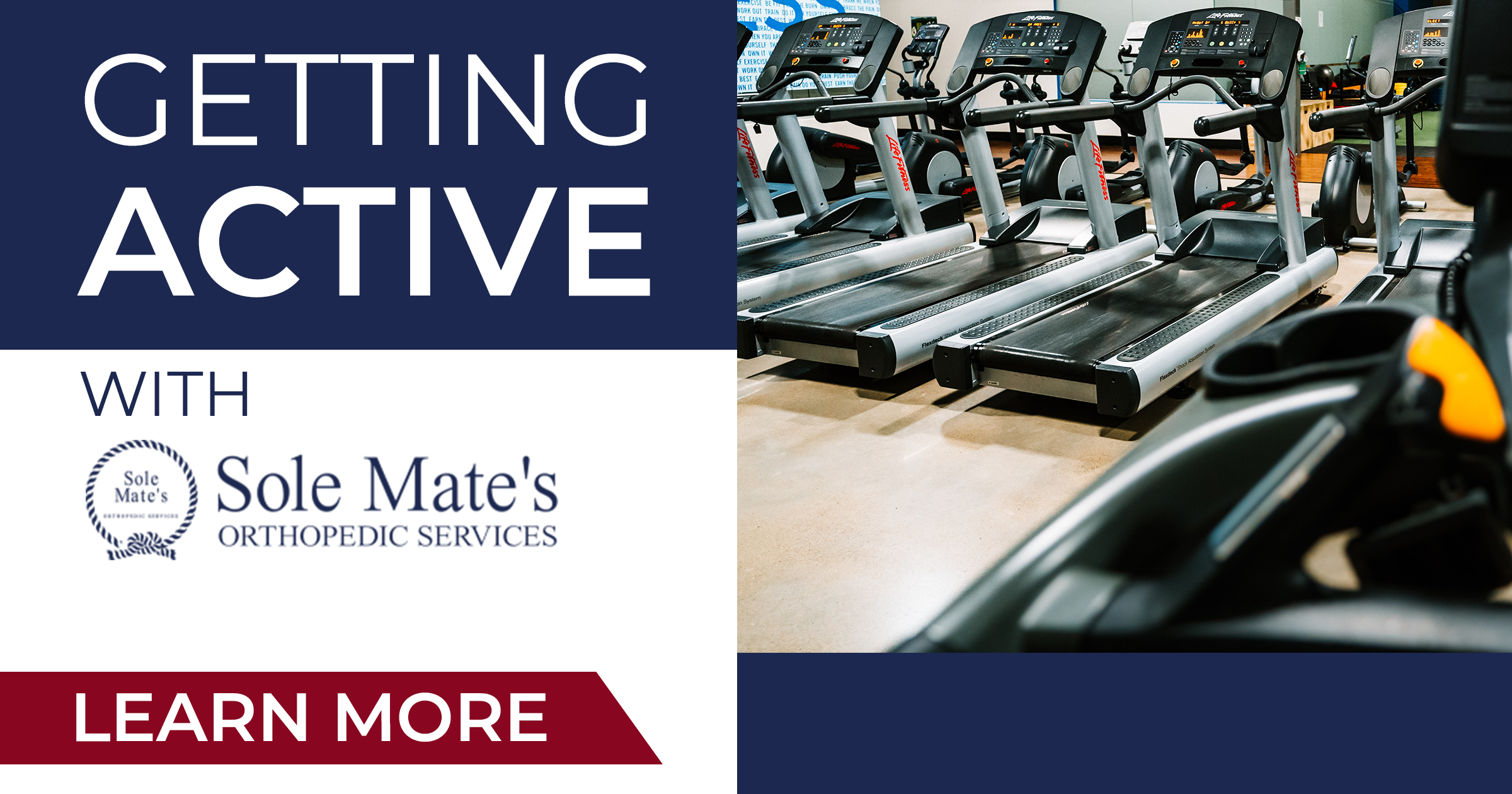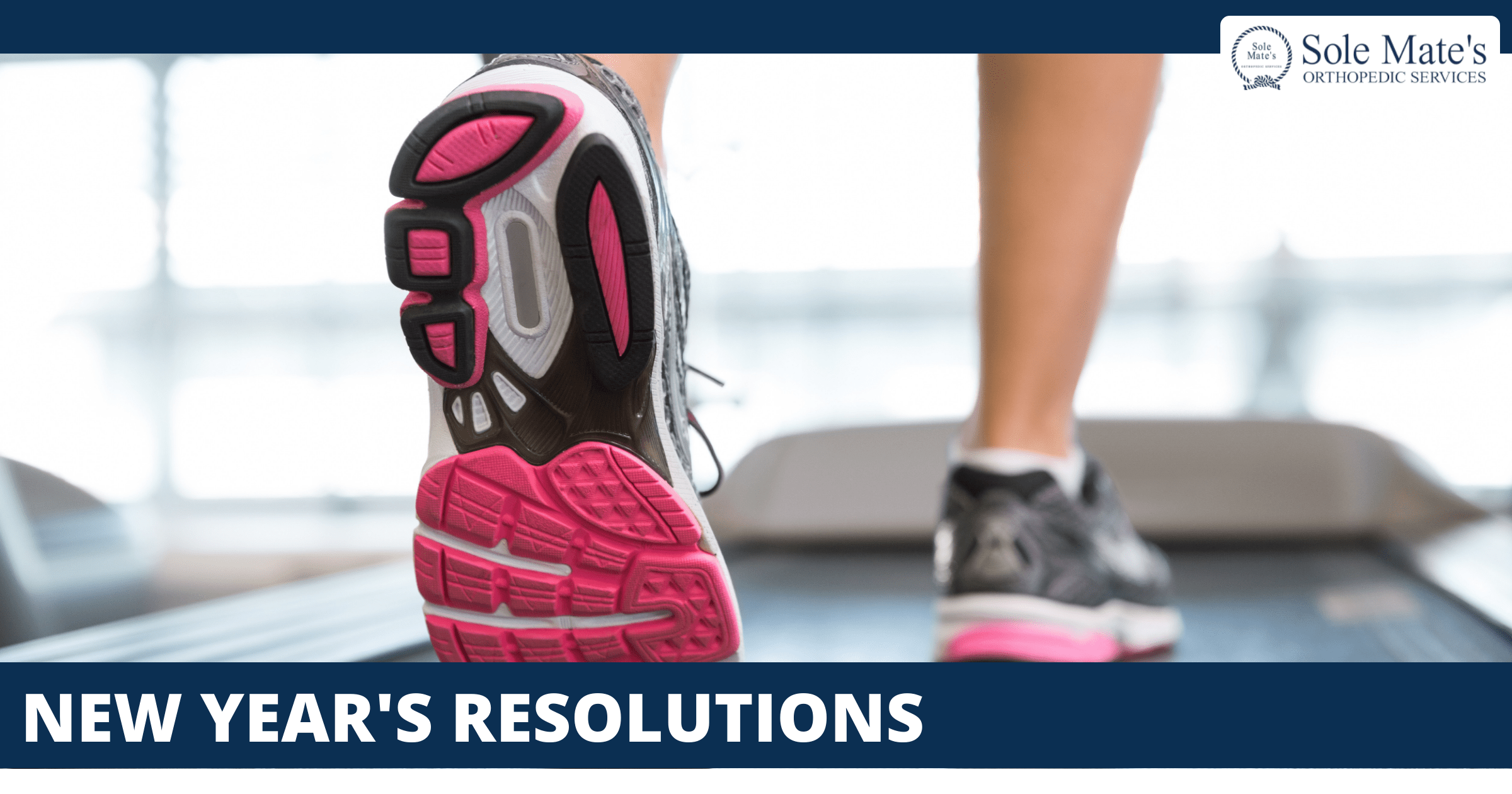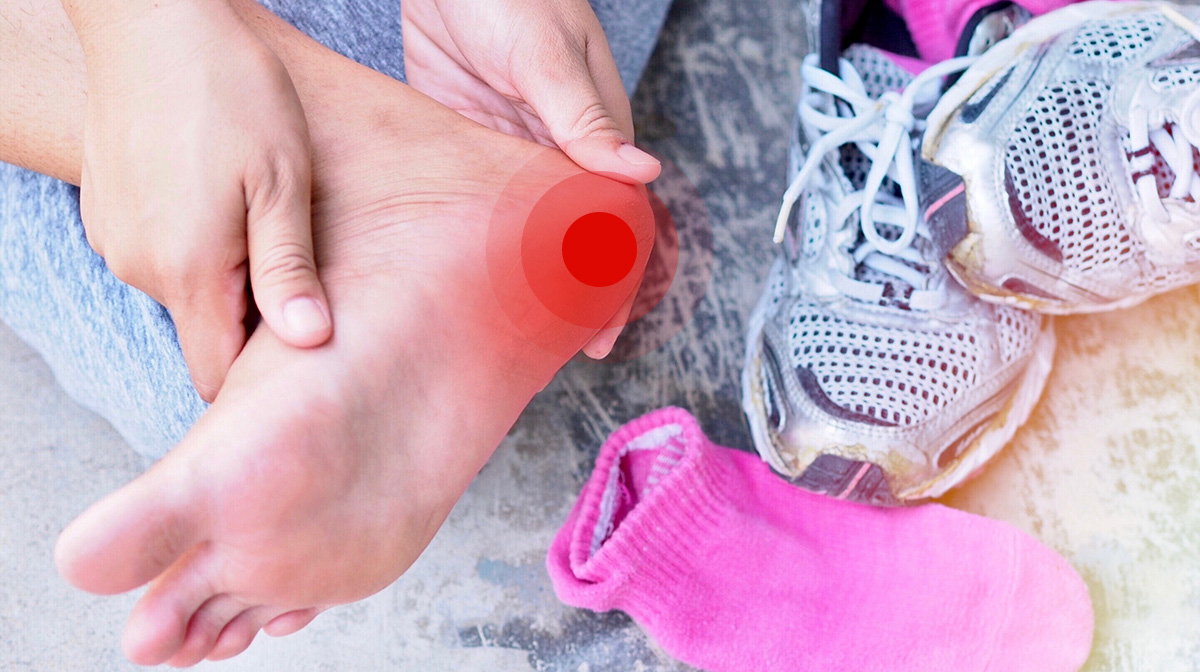
No one likes heel pain. It can make it hard to walk, and even standing can be a challenge. There are several reasons why you might be experiencing heel pain, but the good news is that there are options available to help you find relief.
It’s always a good idea to start icing and doing simple calf stretches when you first notice signs of heel discomfort. You can keep it up for eight minutes each time, three times per day to help alleviate pain as you determine if it’s time to see a specialist.
While this article will shed some light on symptoms and prevention methods related to heel pain, it should not replace a professional assessment and pedorthic management by a Canadian Certified Pedorthist. A full assessment includes walking, sitting, standing, range of motion testing, and a variety of other testing which may pertain to the condition a client presents with, while pedorthic management includes orthopedic footwear, shoe selection guidance and orthotics. This helps to ensure nothing goes unnoticed.
Reasons you may experience pain
Heel pain can be caused by improper footwear (high heels, sandals, work boots) or worn out shoes that have lost their support. Some careers are tougher on your feet than others, whether it’s standing all day, or balanced on a ladder without proper weight distribution. Issues can also be caused by biomechanical changes resulting in poor foot alignment (standing for extended periods of time on concrete, for example). Overuse injuries can also be the culprit, if you’ve taken on a new physical activity your body is not used to.
Common heel pain conditions
Sometimes, the pain doesn’t go away when eliminating potential triggers. There are many possible conditions related to heel pain, but some of the most common include Plantar Fasciitis, Achilles Bursitis, Achilles Tendonopathy, and Calcaneal Stress Fractures. Let’s cover some of symptoms for these conditions:
The pain of Plantar Fasciitis tends to be located at the beginning of the foot’s arch, or the bottom of the heel. It’s often worse when you first get up in the morning and/or sit down after standing for an extended period.
Achilles Bursitis (a.k.a. Retrocalcaneal Bursitis) is an inflammation of the bursa that usually occurs at the back of the foot, just above where your heel meets with the Achilles tendon. Pain increases when you bend your foot up or down.
Achilles Tendonopathy is a condition that can affect the tendon above your heel and could cause pain, swelling as well nodule formation, along with stiffness after sitting or resting for a prolonged period of time.
When it comes to Calcaneal Stress Fracture, you avoid any weight-bearing activities. These fractures can happen with regular activities such as jogging or playing basketball, so don’t delay getting it checked out just because you didn’t feel what you’d consider a traumatic injury.
Home treatment
There are several things you can do to treat heel pain at home, including rest, ice, and over-the-counter medication. You can help prevent heel pain by doing things like stretching your calves and wearing comfortable, supportive shoes. If you’re overweight, losing weight can also help reduce the strain on your feet and ease heel pain. If your pain is severe or doesn’t improve with home treatment, it may be time to see your family doctor or a Canadian certified pedorthist.
Prevention
Wearing shoes with sturdy heel counters and shock absorption will help you to stay comfortable and reduce the risk of injury. If you’re starting a new activity (like jogging or a new job, for example), keep in mind that the tissues in your lower limbs need time to adapt and become stronger, so be sure to gradually increase activity over a period of time.
When you’re suffering from an injury, it is important that your footwear supports the injured area and helps prevent further problems. A Canadian Certified Pedorthist can recommend what type of solution will work best for each person based on their needs following an assessment.

